If you have difficulty falling asleep, you are unable to stay asleep, or you feel exhausted regardless of how long you slept — you may have a sleep disorder. Nighttime breathing problems like sleep apnea can lead to a host of cardiovascular issues, including high blood pressure, heart disease, and an increased risk of stroke. In addition, sleep apnea can contribute to obesity and a higher risk of developing diabetes.
Fortunately, sleep testing is now more accessible than ever. Traditionally, a sleep test occurs in a clinical environment, which means a night away from home. However, with home sleep testing from Common Sleep, you can have professional sleep testing in the comfort of your own home.
If you have considered sleep testing, but you are unsure which method is right for you, the team at Common Sleep is here to help. Today, we discuss some of the differences between home testing and in-lab testing to help you choose the method that’s right for you.
How Does a Home Sleep Test Work?
A Home Sleep Test, commonly referred to as an HST, is designed to specifically assess patients for sleep apnea. These tests monitor your breathing parameters, not the specific details of your sleep. The test will identify pauses in breathing, the absence of breathing, how much effort it takes for you to breathe, and whether your breathing is shallow. The HST equipment is worn for one night, and then it is returned to the sleep clinic the next day. When you return the equipment, a technologist will assess the data and create a detailed report on your results.
In-Lab vs At-Home Sleep Testing
At-home sleep testing is extremely convenient. Your home test kit is used for a single night, and it is typically less expensive than a traditional lab study. You get to take your at-home sleep test in the comfort of your own home, in your own bed. Unfortunately, at-home testing can sometimes be less accurate than a lab test. For instance, if you are sleeping at home and your sensors fall off, you won’t have a staff member available to attach the monitor correctly. Lastly, home sleep testing is effective in helping diagnose sleep apnea, but it is unable to test other potential sleep disorders.
In-lab testing, on the other hand, offers an opportunity for a more in-depth analysis of potential sleep disorders. An in-lab sleep test allows the sleep professional to examine and diagnose a wide range of potential sleep issues, including those that don’t affect the airway, such as restless leg syndrome or insomnia. Talk to your doctor to decide whether a home sleep study is ideal for you.
Contact Common Sleep to Schedule Your Sleep Assessment
If you are suffering from a sleep disorder, Common Sleep can help you achieve the restful sleep you need. Whether you choose a home sleep study or visit our accredited sleep testing facility, Common Sleep will work with you to find the ideal sleep solution. Contact Common sleep today at 417-368-1605.


